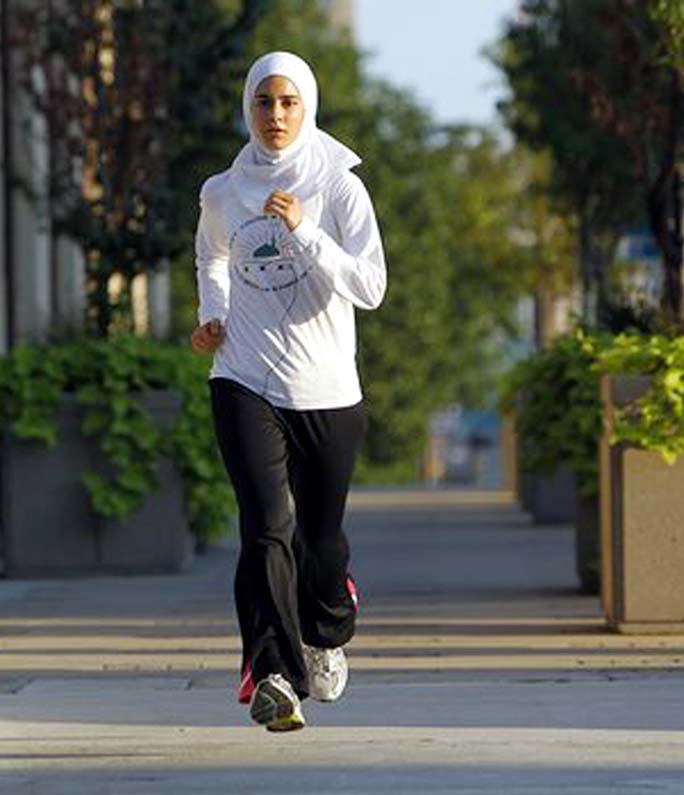
Life Desk :There’s no reason why you shoudn’t follow a healthy eating habit during Ramzan. Certified Nutritionist and Health Promoter, Hala Barghout offers some tips to manage the month’s fast.STAY HYDRATEDKeeping hydrated is evidently more challenging in the summer months. Usually, men are required to drink about 2.5 litres of water or 10 cups, whilst women are required to consume about 2 litres, or 8 cups a day. During Ramzan, it is advised to drink as much water as possible before, during and after meal times after sunset.BREAK YOUR FAST SLOWLYBreaking your fast should be gradual. Beginning with water, small hot appetisers like soups, light salads and yogurts or a small cup of fresh juice and even 2-3 dates are recommended. Dates have gained popularity in Ramzan, as they’re high in fruit sugar, yet nutritious as they are filled with magnesium, potassium and fibre.MAKE YOUR MEALS COUNTA balanced diet is recommended even when you are not fasting. Power foods like whole grains, barley, wheat, oats, whole grain rice and legumes such as lentils or beans and fresh produce like fruits, vegetables and potatoes are low in sugar, and high complex carbohydrates, remaining in your system for longer, lessening the hunger throughout the day. Protein rich sources like lean meats, fish, eggs, milk, nuts or seeds can also help to stabilise blood sugar levels, which in turn can help curb cravings.AVOID SALTY AND SUGARY FOODSFoods to avoid are spicy, salty, and processed foods such as canned food and packaged products. The faster the body breaks the meal down, the sooner you’ll get hungry. That means instead of a sugary breakfast cereal, try oatmeal and fruit. The addition of chia seeds provide an added boost of healthy omega fatty acids, iron, vitamin C, potassium, calcium, fiber, protein and antioxidants.EXERCISEThe best time to exercise moderately is an hour after you break your fast with something light such as walking, jogging, swimming, or yoga. Try to include at least 30 minutes of exercise daily during the month of Ramzan and make sure to hydrate with plenty of fluids.People tend to go easy on their exercise routine during the Ramzan month and end up feeling heavy once Eid comes along. But there’s no reason why you should not make the most of the shorter hours at work and plan a workout to fit into your routineIt is important to do cardiovascular exercises such as walking or cycling. This helps burn calories and improves one’s stamina.Go for a low intensity resistance training. It helps maintain muscle strength.Do warm up and stretching exercises. Full body stretching helps improve flexibility and also in detoxification.Gym goers can do mat exercises like free squats, abs exercises and pushups.Other forms of exercise are Pilates, yoga and meditation; these help in relaxation and detoxification.Low intensity group exercises help burn calories. It can also be fun if you do it with your friends, family or in a large group. Keep your workout short; at least 30 to a maximum of 60 minutes.Don’t exercise when you are fasting. One should exercise either before Sehri (meal before dawn) or after Iftaar (meal after sunset).Don’t do high intensity exercises like high speed running, stepper and heavy weight lifting as it can lead to joint or muscle injuries and complications like low blood pressure, hypoglycemia and dizziness.Come to the gym with friends or get a personal trainer, to keep your motivation levels high.To maintain your fitness within Ramzan, it is recommended to exercise four to five a week.If you can’t make it to the gym, you can try to go for a brisk walk, a jog or just use a jumping rope at home for 30 minutes.-Khaleej Times

